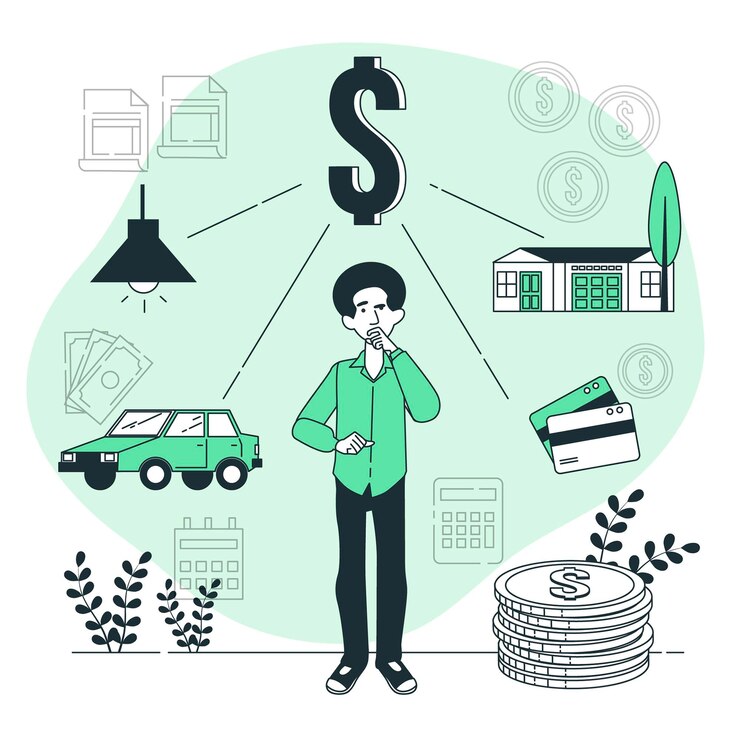What Happens to Cash When Selling a Business?
What Happens to Cash When Selling a Business?
When selling a business, the cash stays with the seller unless negotiated otherwise. Cash is not considered an asset but part of the sale proceeds. Suppose you sell your restaurant and keep the $50,000 in the business bank account. That $50k goes to you.
It might seem counterintuitive initially, but when selling a business, think of cash like you think of debt; it stays with the seller. Just as the responsibility for paying off any outstanding debt doesn’t transfer to the Buyer, any cash in the business also remains with the seller.
Why? Because cash and debt are linked. If a business has cash, it could use it to pay off its debt. Likewise, if a business wants more cash, it can simply borrow more. This connection is why most business sale transactions are structured cash-free and debt-free.
In simple terms, this means that neither cash nor debt is included in what the buyer is purchasing. Instead, the buyer pays the agreed-upon price, and from that amount, the seller takes care of any outstanding debt, expenses, and taxes before pocketing what’s left.

There are some exceptions to this rule. Cash may be included in the sale in businesses where cash is an essential part of operations, such as check-cashing services, pawn shops, or companies that rely on customer deposits (like event planning or catering businesses).
However, for most transactions, any money in the company’s bank account belongs to the seller and should be factored into the total proceeds from the sale.
Of course, every business sale is unique, and the finer details can get complex. That’s why it’s crucial to have experienced pros like Tangent guide you through the process.
FAQs
Who gets the money when a company is sold?
When a company is sold, the seller typically receives the purchase price agreed upon in the transaction. However, before the seller can take their final cut, the proceeds cover outstanding debts, transaction fees, and taxes.
If there are multiple owners or shareholders, the money is distributed according to their ownership stakes. In an acquisition, the buyer pays the agreed-upon price, but the final amount the seller keeps depends on liabilities, closing costs, and tax obligations.
Is cash included in a business sale?
In most cases, cash is not included in a business sale. Business sales are typically structured on a cash-free, debt-free basis, meaning the cash in the company’s bank accounts stays with the seller.
The buyer purchases the business’s assets, operations, and goodwill but does not acquire existing cash reserves. However, some businesses, like check-cashing services or companies with large customer deposits, may include cash in the transaction.
What happens to cash when a company is acquired?
When a company is acquired, any existing cash in its accounts usually remains with the seller. The buyer pays the purchase price, and the seller uses the retained cash to settle debts, cover transaction fees, or distribute proceeds among stakeholders.
Sometimes, the buyer may negotiate to keep a portion of the cash if it is essential for working capital and ongoing business operations.
What happens to cash in an asset sale?
Cash is generally not included in an asset sale. The buyer purchases specific business assets such as equipment, inventory, intellectual property, and customer lists but does not take ownership of the company’s cash or liabilities.
The seller keeps the business’s cash reserves and is responsible for settling any remaining debts. This differs from a stock sale, where the entire company, including cash and liabilities, transfers to the buyer.
What happens when an owner invests cash in a business?
When an owner injects cash into a business, it increases the company’s equity or working capital. This investment can be made as a capital contribution, where the owner provides cash in exchange for a greater ownership stake, or as a loan, where the owner expects repayment over time. How the cash is recorded depends on the business structure, whether it is a sole proprietorship, partnership, or corporation.
Where does the money go in an acquisition?
The money flows in a structured way in an acquisition before reaching the seller. The buyer first pays the agreed-upon purchase price. The seller then settles outstanding business debts, covers transaction costs, and pays any legal or brokerage fees from this amount.
Taxes on the sale are also deducted before the remaining proceeds are distributed to the seller or divided among shareholders based on ownership agreements.

